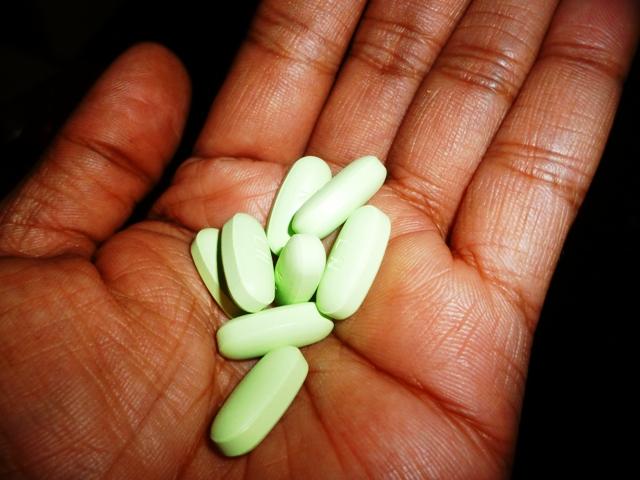Antibiotics are the lifesavers you barely think about. They fight off bacteria infections in the body and can cure far ranging diseases, from strep throat to pneumonia.
But an unintended consequence of this life-saving medicine is antibiotic resistant bacteria, or bacteria that has evolved to not be harmed by the antibiotic. When this occurs, scientists can create new antibiotics that bacteria cannot resist. But the bacteria keeps evolving to become resistant to each new antibiotic thrown at them. Thus, the superbug is born.
Though the superbug is a real problem, the solution is not to simply stop using antibiotics but to take more thoughtful actions regarding their overuse.
Unlike HIV viruses that mutate frequently once every 10,000 base pairs, our overuse of antibiotics cause these bacteria to evolve more quickly and strategically. Livestock producers are the biggest users of antibiotics. All of these animal antibiotics will accumulate and magnify in the consumers at the top of the food chain: humans. This, in concordance with the growing accessibility and affordability of antibiotics in the world, is fueling this impending superbug outbreak.
Scientists in Australia recently discovered cathelicidins, an antibiotic amino acid chain (peptide) in the breast milk of Tasmanian devils. The unveiling of this specific peptide spurs hope for developing anti-superbug drugs in the future.
Still, present challenges remain.
In response to developing antimicrobial resistance, patients are now given a reduced amount of antibiotics in empirical treatments. Despite the ominous outbreak of superbugs scientists perceive, shouldn’t patients be informed of the risks involved with the suboptimal treatments they are receiving and participate in the decision-making of their treatment plans?
Though fighting superbugs is and should be a global initiative, it is inaccurate to assume everyone is equally guilty of this consequence and equally responsible for correcting these wrongs. Countries that have never had a sufficient supply of antibiotics will now face limited access to this still-effective medicine for most microbial infections.
The more developed countries, including the U.S., should take more thoughtful actions regarding the overuse of antibiotics, such as raising awareness among the public instead of blindly cutting supplies of antibiotics.
Grace Li ([email protected]) is a freshman majoring in biomedical engineering.





















